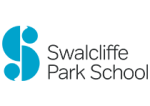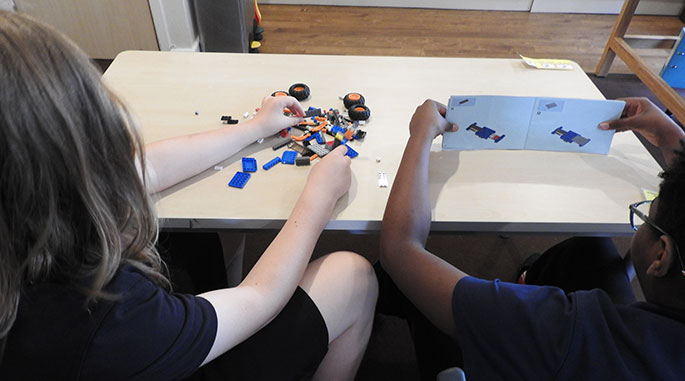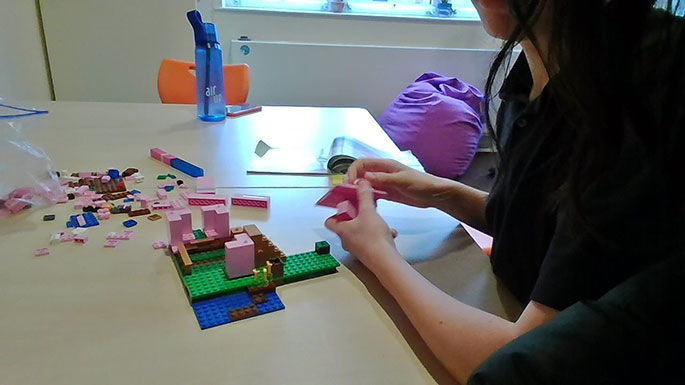Swalcliffe Park School explains how it has been using Lego®-Based Therapy to improve ‘Quality of Life’ (QoL) outcomes for autistic students.
Context
Swalcliffe Park is a residential and day school for autistic boys aged 10-19. Over recent years the school has developed a ‘Quality of Life’ framework and approach which hears student and family voices on the issues of importance to them, in four main areas:
- Communication
- Self-Management
- Independence
- Achievement
Through timetabled weekly keyworking for students and families, end-of-term QoL surveys for both groups, and discussions with therapists, information collected is used to inform how we provide the best support for individual students and families, as well as whole school curriculum, operational and strategic planning.
What is Lego Therapy?
As part of our approach, the school’s multi-disciplinary team use a range of recognised interventions and this term trialled ‘Lego® –based Therapy’, a group intervention for collaborative play that promotes fine motor skills, communication, social connections, decision making and problem solving.
This was introduced into the curriculum for students in Key Stage 3. Each student had a 45-minute weekly session for a total of six weeks, taking it in turns to undertake the roles of “supplier”, “builder”, and “planner”.
Each session was facilitated by at least two members of staff from the three in-house therapeutic disciplines (Clinical Psychology, Speech and Language Therapy and Occupational Therapy).
With support in undertaking these roles, students collectively built a Lego® model while taking it in turns to interpret the pictorial instructions, verbally relay this information, identify specific pieces, and construct the model; sticking to the role allocated.
How well did it work?
Students’ views were collated. There were largely positive reflections on each of the goal areas, which included:
- I can follow verbal instructions containing between one and three pieces of information.
- I can work as part of a team to achieve a shared goal.
- I can solve problems that arise from group tasks.
- I can manipulate bricks to create a structure.
- I can maintain my regulation when a problem arises.
Staff also reported statistically significant improvements in all areas of focus for students who received Lego®-based therapy, meaning their emotional regulation, social communication and fine motor skills were perceived to have developed during the intervention. Additionally, most students anecdotally reported having enjoyed the sessions.
Future interventions
A proportion of previous investigations into Lego®-based therapy interventions had lengthier durations, ranging from eight weeks to 24 weeks (Andrews et al., 2012; LeGoff, 2004). The trial here had ranges of only four weeks to six weeks, so future interventions are planned to run for longer, with the intervention that is running currently lasting for 10-12 weeks.
We are happy to share information on how we planned, implemented and evaluated our Lego® therapy interventions and the school’s QoL framework. We have also established the QoL network for schools, colleges and children’s homes, which are interested in developing their own QoL approach.
Please get in touch with us
For more information on any of the above, please contact Kiran Hingorani, chief executive officer, at khingorani@swalcliffepark.co.uk
Swalcliffe Park School, Swalcliffe, Banbury, Oxfordshire OX15 5EP




















